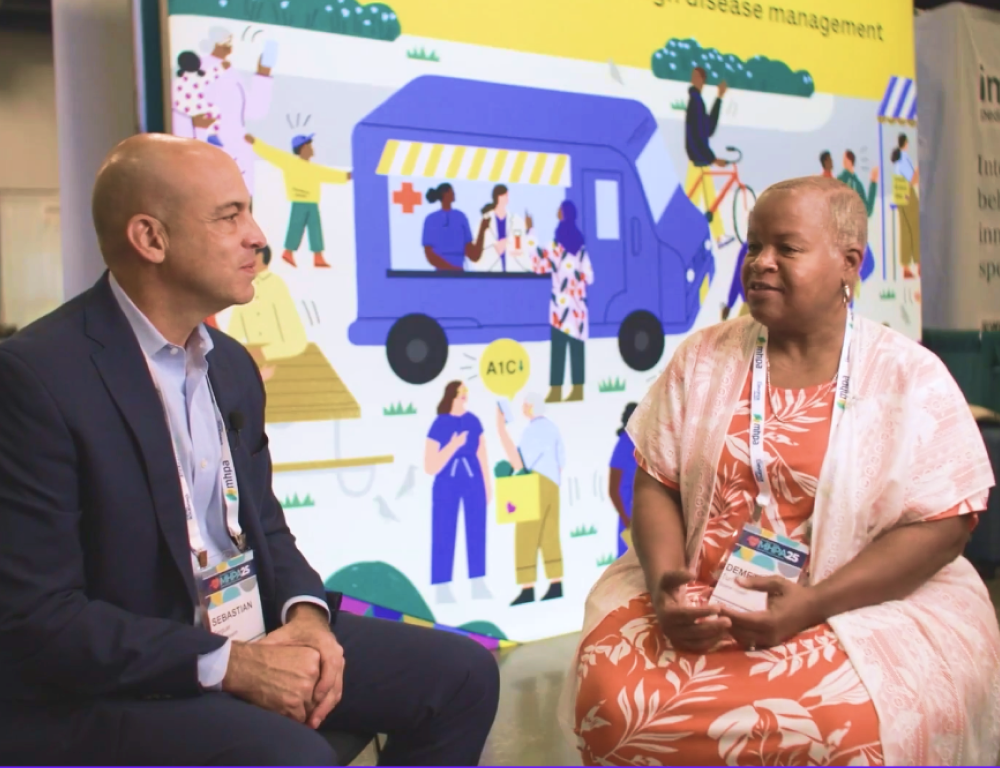
Despite the healthcare industry's long-standing recognition of the negative impact of loneliness on health, there has been a lack of widespread initiative to incorporate social support into healthcare services. However, the landscape shifted dramatically in May when the Surgeon General officially declared loneliness as an epidemic.
The declaration comes on the heels of the COVID-19 pandemic which exacerbated feelings of isolation and disconnection across the nation, taking a toll on public and social health. Remote work, lockdowns, and social distancing contributed to rising levels of loneliness, linked to various physical and mental conditions such as hypertension, heart disease, depression, cognitive decline, and premature death.
The Surgeon General’s Advisory on the Healing Effects of Social Connection and Community presented several crucial recommendations for healthcare workers, systems, and insurers:
- Explicitly acknowledge social connection as a priority for health.Provide health professionals with formal training and continuing education on the health and medical relevance of social connection and risks associated with social disconnection (e.g., isolation, loneliness, low social support, social negativity), as well as advanced training on prevention and interventions.
- Insurance companies should provide adequate reimbursement for time spent assessing and addressing concerns about social disconnection (e.g., isolation, loneliness, low social support, poor relationship quality) and incorporate these measurements into value-based payment models.
- Facilitate inclusion of assessment results in electronic health records.
- Providers and insurers can educate and incentivize patients to understand the risks of, and take action to address, inadequate social connection, with a particular focus on at-risk individuals, including but not limited to those with physical or mental health conditions, or disabilities, financial insecurity, those who live alone, single parents, and both younger and aging populations.
- Integrate social connection into patient care in primary-, secondary-, and tertiary-level care settings.Actively assess patients' level of social connection to identify those who are at increased risk or already experiencing social disconnection and evaluate the level of necessary supports.
- Educate patients about the benefits of social connection and the risk factors for social disconnection as part of primary prevention.Leverage interventions that provide psychosocial support to patients, including involving family or other caregivers in treatment, group therapies, and other evidence-based options.
- Work with community organizations to create partnerships that provide support for people who are at risk for, or are struggling with, loneliness, isolation, low social support, or poor-quality relationships.
- Create opportunities for clinicians to partner with researchers to evaluate the application of evidence-based assessment tools and interventions within clinical settings, including evaluating the efficacy of applications for specific populations.
As a response, multiple organizations, including the National Committee for Quality Assurance (NCQA), have taken steps to prioritize social connection as a fundamental aspect of health. The NCQA recently committed to aligning its quality measurement and accreditation with the Surgeon General's call to advance social connection.
At Scene Health, we help health plans follow the new recommendations by building empowering relationships with their member populations. Our care team creates an environment centered around each patient's unique needs, helping them cope with feelings of isolation while providing medication support. The connections also help health plans lower costs, improve outcomes, and meet new quality measures.
In a post-COVID world, addressing the impact of social disconnection on health is imperative. The Surgeon General's recommendations serve as a starting point for transforming how we approach healthcare as an industry.




Download the Insights into Medication Challenges in Populations with Low Incomes: The Scene Medication Survey

Download the Insights into Medication Challenges in Populations with Low Incomes: The Scene Medication Survey






.png)
